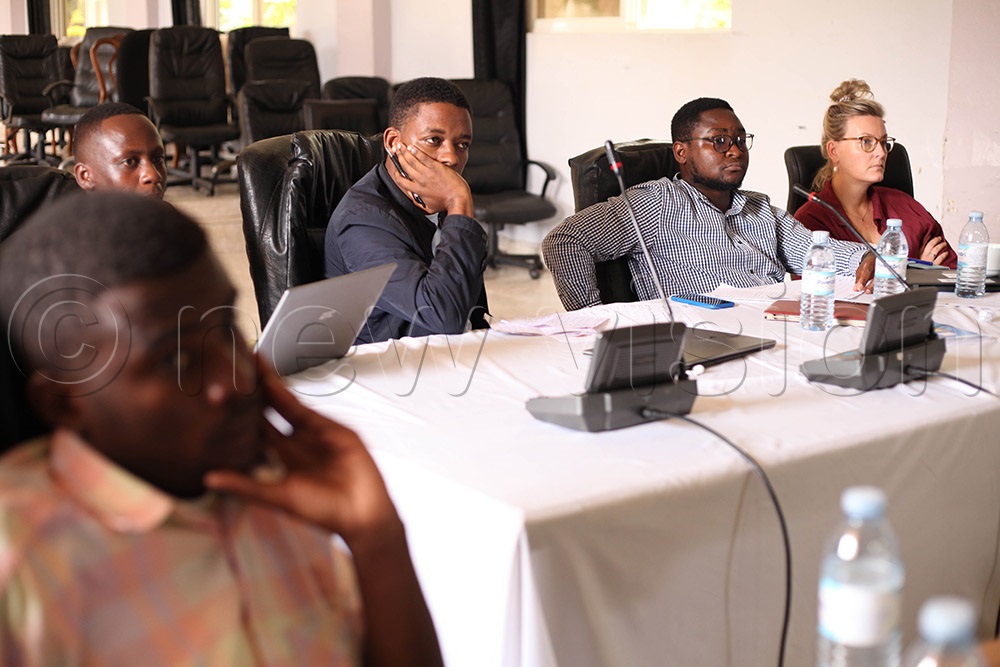Ugandan innovators equipped to refine humanitarian solutions
The five-day bootcamp, organised by the Response Innovation Lab (RIL) at Save the Children, ran from August 18-22, 2025, at Katomi Resort in Entebbe.
19 social impact innovators from across Uganda have completed specialised training in humanitarian entrepreneurship and problem-solving to address the country’s rising challenges. (Photo by John Musenze)
_________________
Nineteen social impact innovators from across Uganda, working in health, nutrition, livelihoods, environment, energy, and Water, Sanitation, and Hygiene (WASH), have completed specialised training in humanitarian entrepreneurship and problem-solving to address the country’s growing challenges.
The five-day bootcamp, organised by the Response Innovation Lab (RIL) at Save the Children, ran from August 18-22, 2025, at Katomi Resort in Entebbe. It was designed to strengthen the innovators’ technical and entrepreneurial skills, equipping them with tools to refine their ideas and deliver sustainable solutions.
The bootcamp provided participants with the RIL Humanitarian Innovation Toolkit, which focused on evidence-based pilot design, business model development, and effective communication of innovations to stakeholders.
Judges listening while innovators present their innovation ideas during the final day of the bootcamp. (Photo by John Musenze)
Sessions were facilitated by experts from Save the Children and partner organisations, including United Social Ventures, the Uganda Registration Services Bureau (URSB), and the Uganda National Bureau of Standards (UNBS).
Grace Nakibaala, gender response innovation lab manager at Save the Children International, said the programme reaffirms their commitment to promoting innovation for social impact.
“We are proud to support these innovators who are working to improve the lives of children, adolescents, and young people through solutions in critical sectors. At the end of the bootcamp, participants will pitch their ideas before a panel of judges, and two standout innovations will receive financial support to further develop their solutions,” Nakibaala explained.
Kenneth Tusiime, one of the beneficiaries whose project leverages artificial intelligence to personalise learning for students, described the bootcamp as transformative.
“We’ve benefited a lot in terms of business development and refining our models,” he said. “It wasn’t just theoretical—we had practical exercises, feedback from peers, and insights from agencies like URSB and UNBS. Learning about intellectual property protection and product quality standards was a game-changer,” Tusiime noted.
Tusiime’s innovation seeks to reduce the time teachers spend grading exams, cutting weeks of work into under 30 minutes, while providing learners with tailored feedback to improve outcomes. He said the bootcamp helped him not only strengthen his business model but also appreciate the importance of human-centred and planet-conscious design.
According to Nakibaala, the U-RIL Innovator Bootcamp has become a flagship platform for nurturing Ugandan innovators who are tackling some of the country’s most pressing humanitarian challenges.
“By linking entrepreneurs with technical expertise, government support, and potential funding, the initiative seeks to ensure that promising ideas do not remain concepts but grow into sustainable, scalable solutions,” She noted.